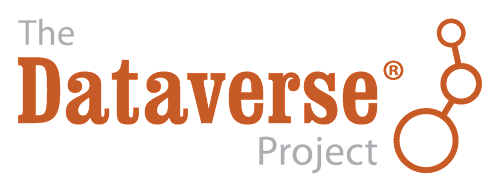About
The Dataverse Project is an open-source web application to share, preserve, cite, explore, and analyze research data. It facilitates making data available to others and allows you to replicate others' work more easily. Researchers, journals, data authors, publishers, data distributors, and affiliated institutions all receive academic credit and web visibility.
A Dataverse repository is the software installation, which then hosts multiple virtual archives called Dataverse collections. Each Dataverse collection contains datasets, and each dataset contains descriptive metadata and data files (including documentation and code that accompany the data). As an organizing method, Dataverse collections may also contain other Dataverse collections.
